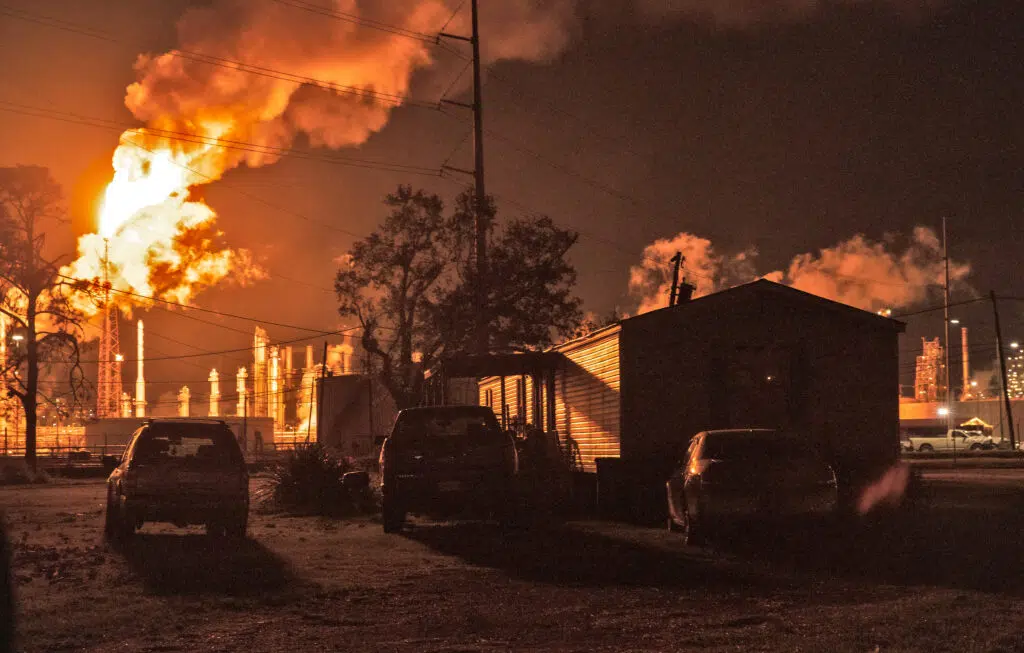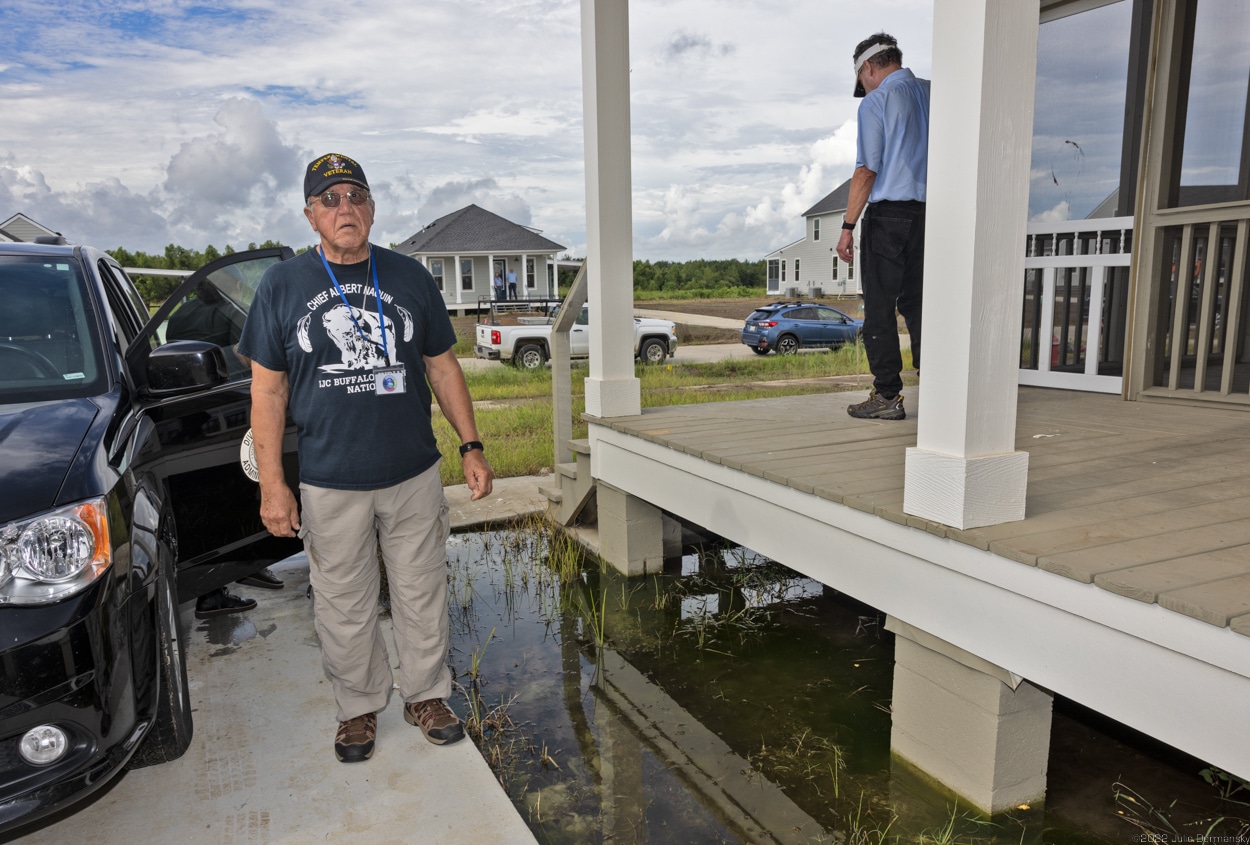
Message From the Editor
This was a busy week for climate accountability as multiple U.S. congressional hearings examined major oil companies and the PR firms and tactics they’ve employed to spread disinformation on climate science and policy — and released a slew of never-before-seen industry documents. Spoiler: It’s not a good look for Big Oil.
DeSmog’s Nick Cunningham has been watching the hearings and digging through the documents to bring you the highlights (or lowlights, depending on your point of view).
First up was a hearing of the U.S. House Natural Resources Committee, Subcommittee Oversight & Investigations, which delved into the history that PR firms have played in creating and spreading climate disinformation in order to block climate policy and promote fossil fuel interests. While none of the invited PR firms showed up, experts on the PR industry — and targets of oil PR campaigns — were there to testify on the strategies commonly deployed to quash industry regulation. Get the full story.
Next, the U.S. House Committee on Oversight and Reform held a hearing scrutinizing oil industry profits and climate pledges, heard against the testimonies of frontline communities affected by climate change. Ahead of the hearing, the committee released a detailed report accompanied by a bombshell of internal oil and gas industry communications, obtained as part of the committee's ongoing investigation into Big Oil's climate disinformation.
There are endless gems buried in the hundreds of pages of Shell, Exxon, BP, and other oil company emails and internal documents, but we’ve surfaced some instant classics. Want to know what oil majors are saying about carbon capture or algae biofuels behind the scenes? Surprise: It doesn’t match their slick PR campaigns. Take a look.
Have a story tip or feedback? Get in touch: [email protected]. New UK prime minister Liz Truss is already getting cozy with climate delayers, keeping our team busy reporting on all the links. Stay on top of developments with our UK newsletter.
Thanks,
Brendan DeMelle
Executive Director
P.S. We’re not done investigating the significance of the internal oil industry documents released this week. Can you donate $10 or $20 right now to support our climate accountability reporting and research?
Image credit: Julie Dermansky
Internal Documents Show Big Oil PR Messages Still ‘Mislead’ Public on Climate
— By Nick Cunningham (8 min. read) —
New documents released by a congressional committee show that major oil companies, under pressure from the worsening climate crisis, have carefully crafted public messages to convey an effort of transitioning to cleaner technologies, but that the campaigns appear aimed at obscuring the fact that they remain “devoted to a long-term fossil fuel future,” the U.S. House Committee on Oversight and Reform report states.
House Committee Investigates the Role of PR Firms in Spreading Climate Disinformation
— By Nick Cunningham (5 min. read) —
On September 14, a congressional committee probed the history that PR firms have played in creating and spreading climate disinformation in order to block climate policy and promote fossil fuel interests.
The hearing, held by the U.S. House Natural Resources Committee, Subcommittee Oversight & Investigations, invited several firms, including Singer Associates, Story Partners, and Pac/West Communications. None of them showed up.
Why is Climate Change Off the Agenda at the World’s Biggest Insurance Conference?
— By Ariel Le Bourdonnec and Lindsay Keenan (4 min. read) —
The industry, which met this week in Monte Carlo, still has its head in the sand when it comes to the climate, write two campaigners. One third of Pakistan is currently underwater, and the people insuring climate-wrecking fossil fuels are gathering in luxurious hotels on the French Riviera, asking whether it might be time to start thinking about decarbonization.
Gas Companies Accused of Using Hydrogen to ‘Greenwash’ Boilers
— By Adam Barnett (5 min. read) —
Gas companies are misleading the British public by marketing “hydrogen ready” boilers as a climate-friendly alternative despite widespread doubts the technology will help curb emissions, according to a new report.
Analysis published by Global Witness finds that brands including British Gas and Worcester Bosch are portraying “hydrogen blend” boilers as a green way to heat homes. At recent trade fairs, some firms have also had “100 percent hydrogen boilers” on display.
But critics say the marketing for such boilers is “deceptive” and question whether hydrogen boilers can help the UK meet its net zero targets given the enormous cost – and capacity – constraints of using hydrogen for heating.
Isle de Jean Charles Community Members Moved into the First Federally Funded Resettlement Project in Louisiana Despite Visible Engineering Issues
— By Julie Dermansky (13 min. read) —
“There’s a void underneath the houses that is filled with water — like a complete lake over there,” said Howard Brunet on August 24, just before his uncle Chris Brunet was about to sign the final paperwork on a new home.
Once he signed, Chris would become the first lifelong resident of Isle de Jean Charles to commit to moving into one of the newly built homes provided by Louisiana’s Office of Community Development (OCD). The New Isle subdivision is the first federally funded resettlement project built for a coastal community facing immense risk from the climate crisis.
From the Climate Disinformation Database: Oil and Gas Climate Initiative
The Oil and Gas Climate Initiative was established in 2014 as a coalition of major oil and gas companies to promote a climate-friendly image for some of the world’s largest polluters. Its members have included Shell, BP, ExxonMobil, Chevron, Statoil, Saudi Aramco, Eni, and Total, among others. The coalition regularly makes statements of intent in the weeks leading up to the annual UN international climate talks. These announcements have been criticized as “greenwashing” exercises, with many of the same companies often
involved in obstructing efforts to take action on climate change through lobbying activities. In a 2019 memo, ExxonMobil raised concerns about the messaging for a document to be put out by the Oil and Gas Climate Initiative, stating a preference for avoiding “a potential commitment to advocate on the Paris Agreement goals.”
Read the full profile and browse other individuals and organizations in our Climate Disinformation Database and Koch Network Database.







